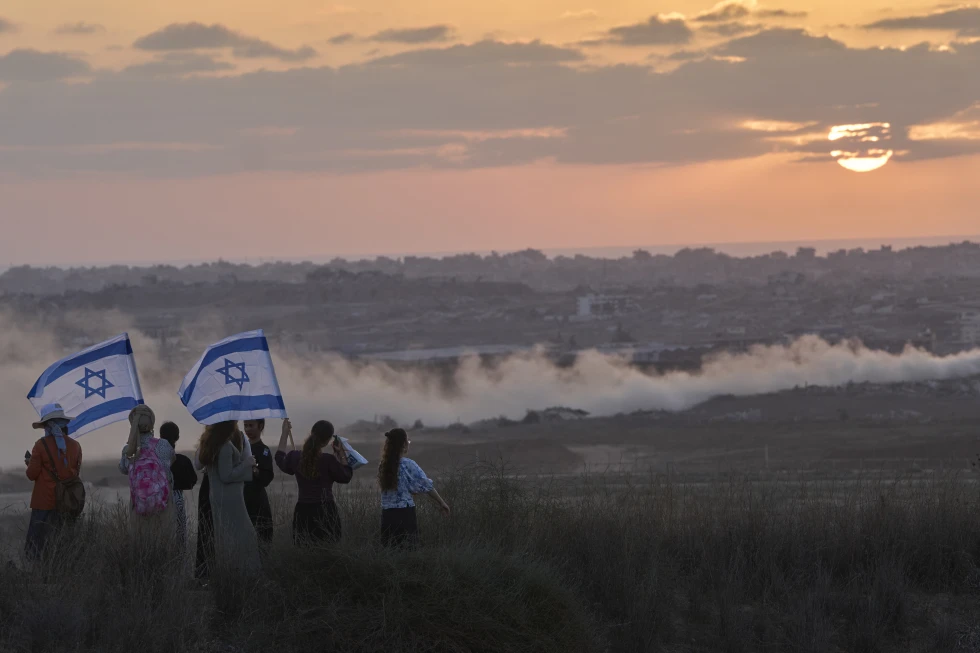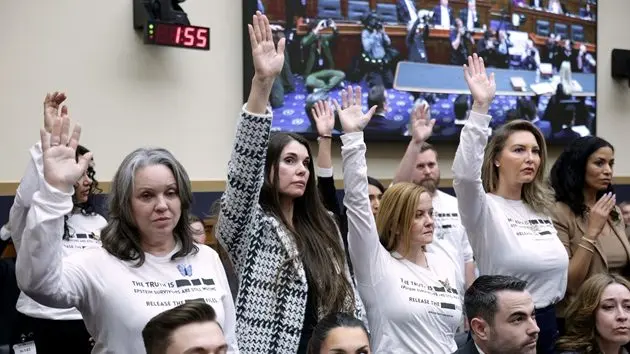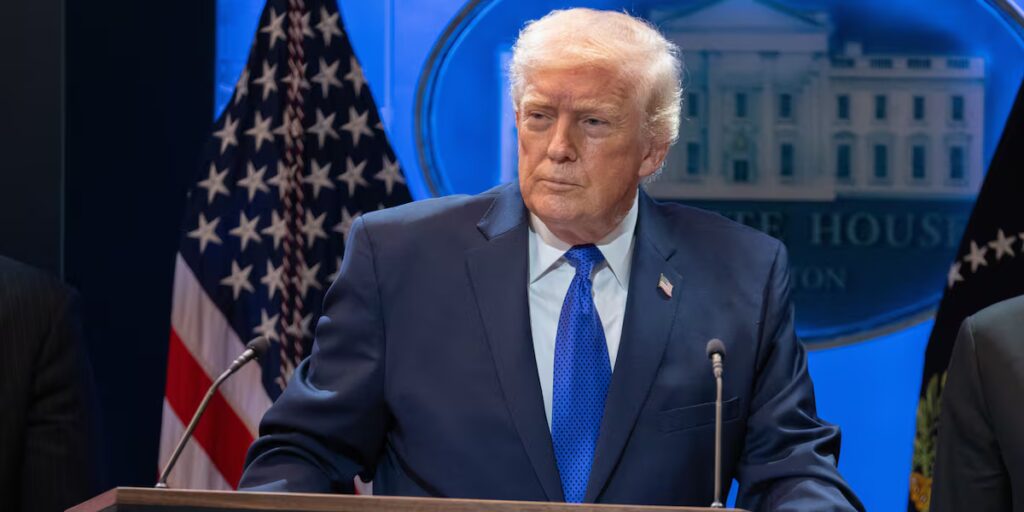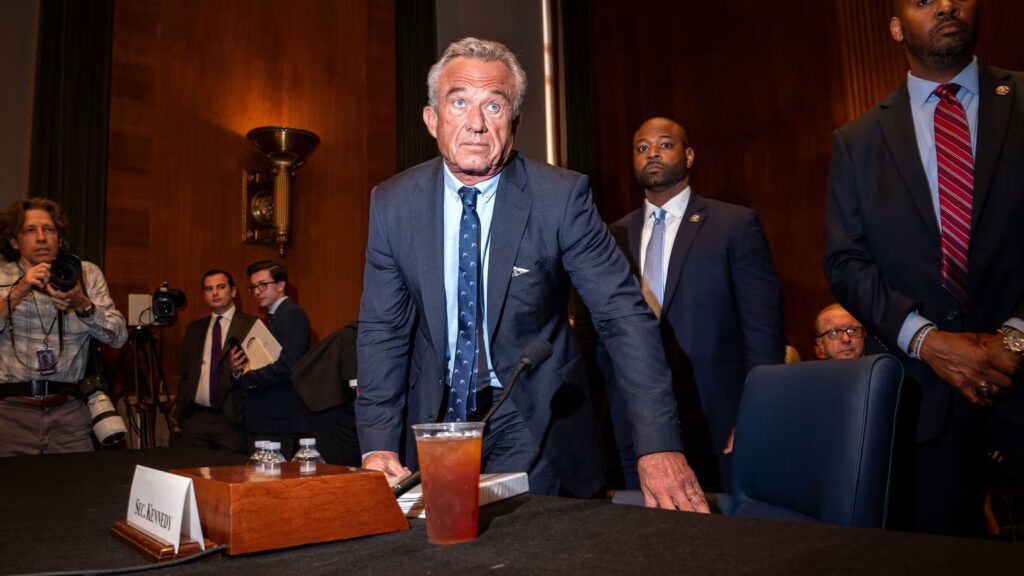Israel-Gaza: Reoccupation Plan Triggers Global Alarm

Israel Gaza Reoccupation Plan Triggers Global Alarm
Israeli Prime Minister Benjamin Netanyahu is weighing the full reoccupation of Gaza. Israeli media reports suggest this controversial plan could escalate the nearly two-year-long war and increase regional tensions.
If carried out, the reoccupation would deepen Israel’s international isolation, put remaining hostages at greater risk, and worsen conditions for Gaza’s displaced civilians. Many experts warn it would also damage Israel’s standing at home and abroad.
Escalation Amid Stalled Talks
People take part in a protest outside US Embassy Branch demanding the end of the war and immediate release of hostages held by Hamas in the Gaza Strip, and against Prime Minister Benjamin Netanyahu’s government in Tel Aviv, Saturday, July 26, 2025. (AP Photo/Mahmoud Illean)
The potential reoccupation follows the collapse of U.S.-brokered talks with Hamas. Some analysts believe the threat is a pressure tactic. Others view it as a way for Netanyahu to appease his far-right coalition partners. These allies have long advocated for taking over Gaza, relocating parts of its population, and rebuilding Jewish settlements dismantled in 2005.
Asked about the plan, U.S. President Donald Trump said the decision is up to Israel. Still, any escalation may test even Washington’s support.
Humanitarian Crisis Looms
Palestinians struggle to get donated food at a community kitchen in Gaza City, northern Gaza Strip, Monday, Aug. 4, 2025. (AP Photo/Jehad Alshrafi)
To take full control, Israeli forces would need to enter densely populated areas like Deir al-Balah and Muwasi. These zones house hundreds of thousands of displaced Palestinians living in crowded tent camps.
The humanitarian situation is already dire. Further military operations would likely trigger more displacement and hinder aid deliveries. Humanitarian groups warn that famine is spreading, and the reoccupation could push Gaza deeper into crisis.
Israel already controls about 75% of the territory. Much of it has been declared a buffer zone or is under evacuation orders. With Gaza’s borders sealed, civilians have few places left to flee.
Hostages in Danger
A full reoccupation would also endanger the lives of the 20 or so hostages believed to be alive. Hamas may kill captives if Israeli troops approach. The militant group abducted 251 people in the October 2023 attack that launched the war, killing around 1,200 people, mostly civilians.
Recent videos have shown emaciated hostages pleading for help. Families fear a ground invasion could seal their loved ones’ fate.
Israeli Prime Minister Benjamin Netanyahu speaks to reporters at the U.S. Capitol following a meeting with House Speaker Mike Johnson, R-La., Tuesday, July 8, 2025, in Washington. (AP Photo/Julia Demaree Nikhinson)
Casualties Mount, Global Backlash Grows
Israel’s retaliatory campaign has killed more than 61,000 Palestinians, according to Gaza’s Health Ministry. The ministry, though under Hamas control, is considered reliable by the U.N. and other agencies. Israel disputes the numbers but hasn’t released its own data.
International outrage is mounting. The International Criminal Court has issued arrest warrants for Netanyahu and his former defense minister, citing war crimes and the use of starvation as a weapon. Israel denies the charges, calling them antisemitic and blaming Hamas for embedding fighters in civilian areas.
Occupation Without a Plan
Reoccupying Gaza means assuming full responsibility for its 2 million residents. In the West Bank, Israel relies on the Palestinian Authority to manage daily affairs. However, Netanyahu has ruled out any PA role in postwar Gaza and offered no alternative governance plan.
This could lead to long-term military entanglement and rising public opposition inside Israel. Support for the war is already falling. Soldiers face regular attacks, and morale is declining.
A Threat to Israel’s Future
A tent camp for displaced Palestinians stretches along Gaza City, Sunday, Aug. 3, 2025. (AP Photo/Jehad Alshrafi)
Controlling all territory from the Jordan River to the Mediterranean would create a demographic crisis. Around 7 million Jews and 7 million Palestinians live in this area. Without a Palestinian state, Israel risks being seen as an apartheid regime, as human rights groups have already alleged.
Unless mass expulsions occur—an idea once viewed as fringe but now openly discussed by some politicians—Israel must choose between granting equal rights or maintaining unequal rule. Either option carries serious consequences.
Global Support May Fade
With Trump in office, Israel may still find support in Washington. But that could change. As global pressure grows, reoccupation without a clear exit plan could leave Israel isolated, overstretched, and vulnerable to long-term conflict.
Source: AP News
: 245







